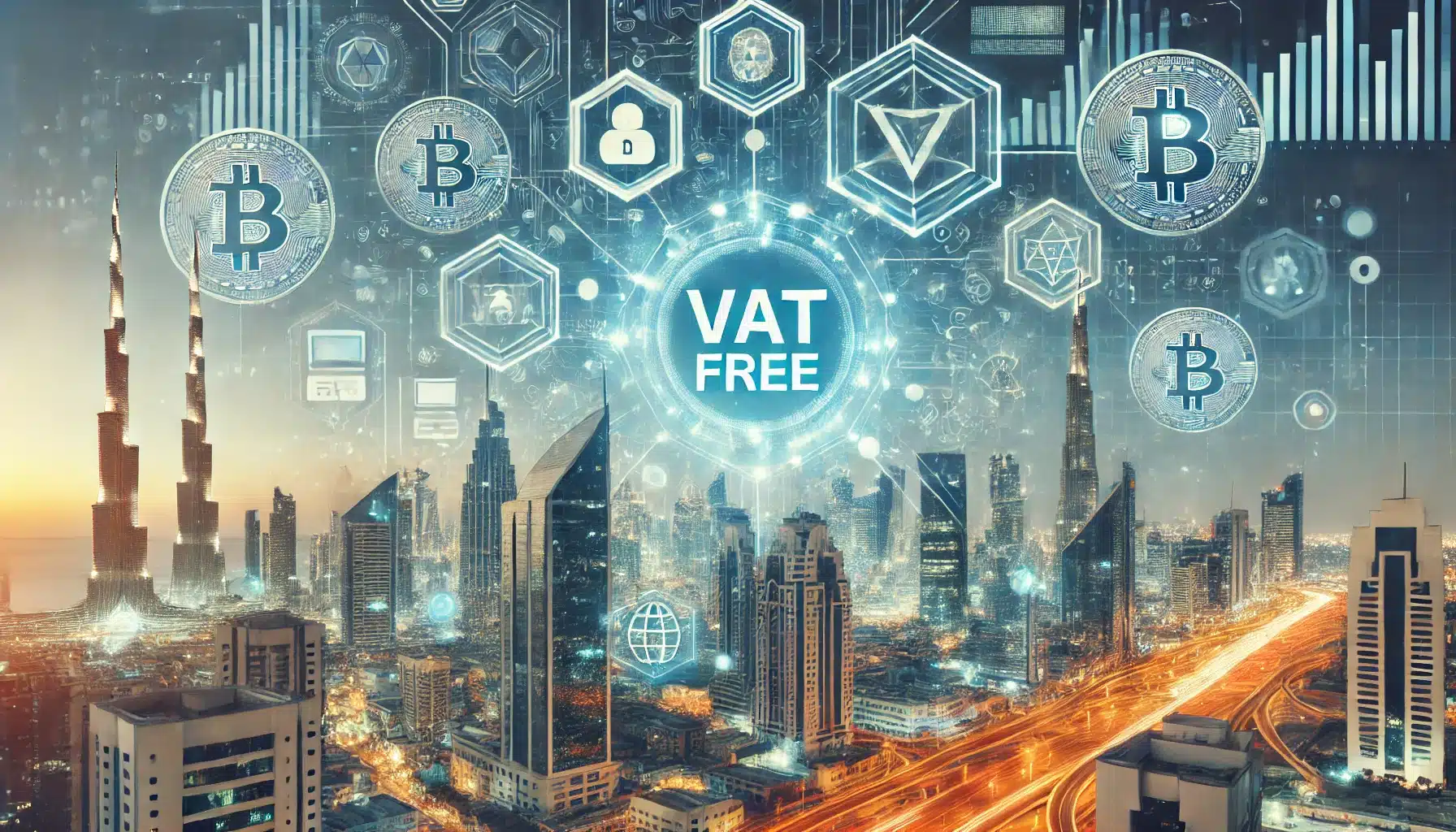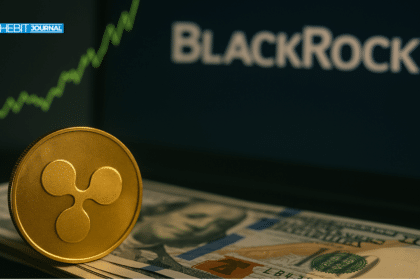The UAE has taken a major step to endorse the advancing digital asset economy — by issuing crypto transaction Value Added Tax (VAT) exemptions, ostensibly retroactively. On October 2, 2024, the Federal Tax Authority (FTA) said that a new tax reform will be in effect later this month from November 15th which will massively affect businesses dealing with virtual assets like Cryptocurrency. The tax exemptions are both prospective and retrospective, dating back from January 1, 2018, a significant pivot in how the country handles digital asset taxation.
Key Changes in VAT Regulations for Cryptocurrencies
The recent revisions to the Value Added Tax system comprise two main exemptions: transfer of ownership and conversion to virtual assets. As a result, business in cryptocurrency can now be zero-rated VAT. Before that, companies were required to pay VAT on these kinds of transactions which made taxes more expensive and cumbersome for businesses working with crypto.

This means any type of digital or virtual asset that can be traded in or used as a currency, means of investment, etc. But, it is worth noting that those exemptions are not very relevant for fiat currencies or financial securities and that these still remain with the general Value Added Tax regime.
Given the deduction is applied retroactively, businesses dealing with cryptocurrencies might also want to review their old Value Added Tax filings. At the transaction level, many businesses that paid VAT relating to virtual asset transactions may have a claim for refunds or input tax recovery after years of business. In some cases, to qualify for retroactive exemptions or reductions, filing voluntary disclosures (to correct historical tax returns) may be required. For businesses that have engaged in crypto transactions as far back as 2018, indeed, this is a one-off opportunity for them to recover VAT previously paid from the tax authorities.
Impact on Crypto and Investment Firms
It is not just crypto transfers; reform in VAT is validated by the UAE. The same applies to investment fund management services. Fund managers in the field of crypto investments and other virtual assets are afforded VAT exemptions on their management fees. It will significantly reduce the overall tax liability for firms in this space and promote an environment of innovation, making the UAE a more attractive place for such companies to set up their operations.
These changes are expected to attract more investment funds focused on virtual assets and further enhance the UAE as a world-leading centre for investing in and managing digital assets. With an exemption from fund management, the UAE government is following broader international trends that lean for a more crypto-friendly approach and consequently positioning itself as a more favourable jurisdiction for digital asset firms and investors.
In an effort to spur liquidity and investment within the local crypto market, it is hoped that by removing VAT tax barriers previously encountered by companies working in this innovation-heavy sector when they otherwise should not have been — thanks to EU law — businesses now may operate freely. This is projected to similarly boost the UAE’s competitiveness in the global financial environment.
What This Means for Businesses
The VAT exemption of companies which are in the virtual asset sector operating in the UAE is a big chance for companies to simplify processes and increase profits. VAT can reach 8%, and levying this on the transfer and conversion of cryptocurrencies with such small margins was always going to be complex. The move makes it much easier, transparent, and user-friendly to interpolate cryptocurrency exchange values without worrying too much about related costs.
Nevertheless, businesses should consider their position in VAT in the future. This exemption is retroactive, which means that companies may have to conduct a look-back review of their transactions dating from January 2018 and possibly file voluntary disclosures to set things straight on any VAT payments made during the period. That review might entail a thorough look back into prior transactions to guarantee businesses are not only up-to-date with the hottest rules but also that they won’t pass up those same tax recovery possibilities.

This can present a potentially extremely lucrative financial incentive — companies that previously paid VAT on cryptocurrency transactions may now, in fact, be able to recover those costs. This addition aligns with the overall direction of UAE that is pushing for digital assets and Fintech solutions, to further establish itself as a crypto friendly hub.
Conclusion
The move by the UAE to exempt crypto transactions from VAT marks a significant milestone for the MENA region’s digital asset space…! The country is giving the impression of becoming a beacon, supplanting all other countries along with its shares and enticing both local and foreign businesses over. This retroactive VAT exemption delivers a strong financial benefit to companies already operating within the sector, strengthening the country’s case as one of the leading jurisdictions for cryptocurrency innovation. The UAE is now set to become an even more dominant global financial hub for digital assets as businesses review their VAT exposures and leverage fresh exemptions.
Stay updated with TheBit Journal by following us on Twitter and LinkedIn and joining our Telegram channel.





























